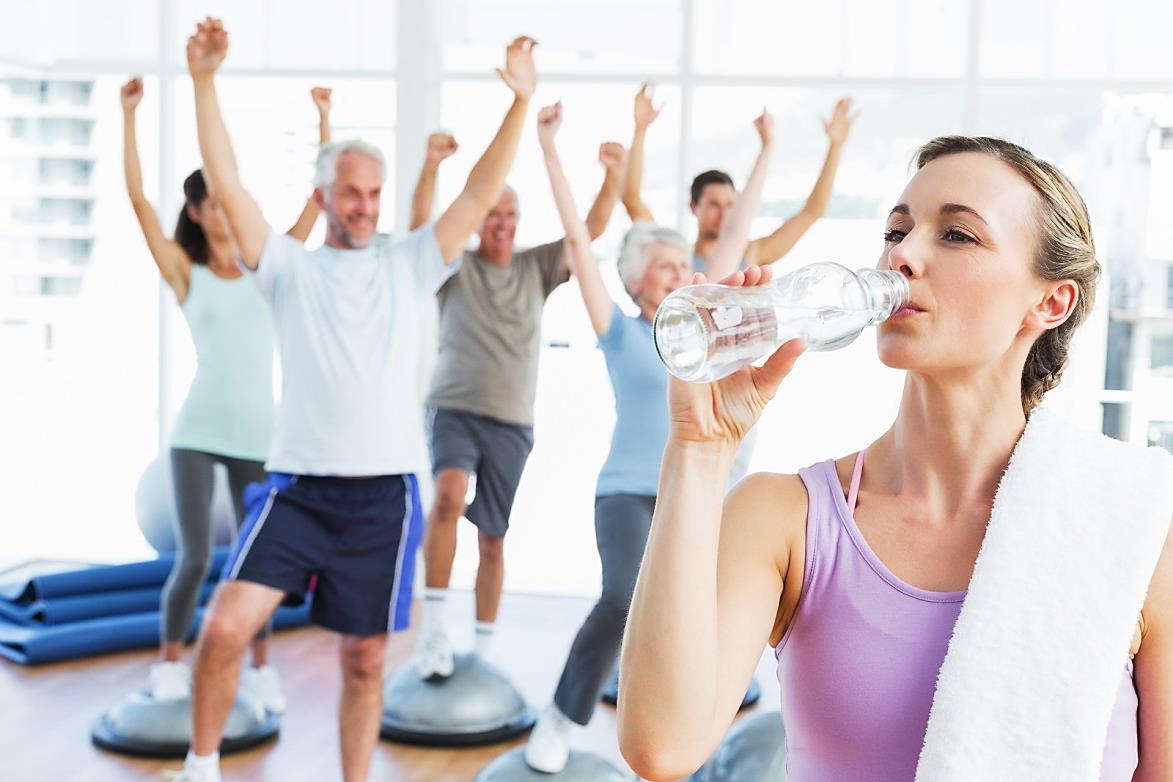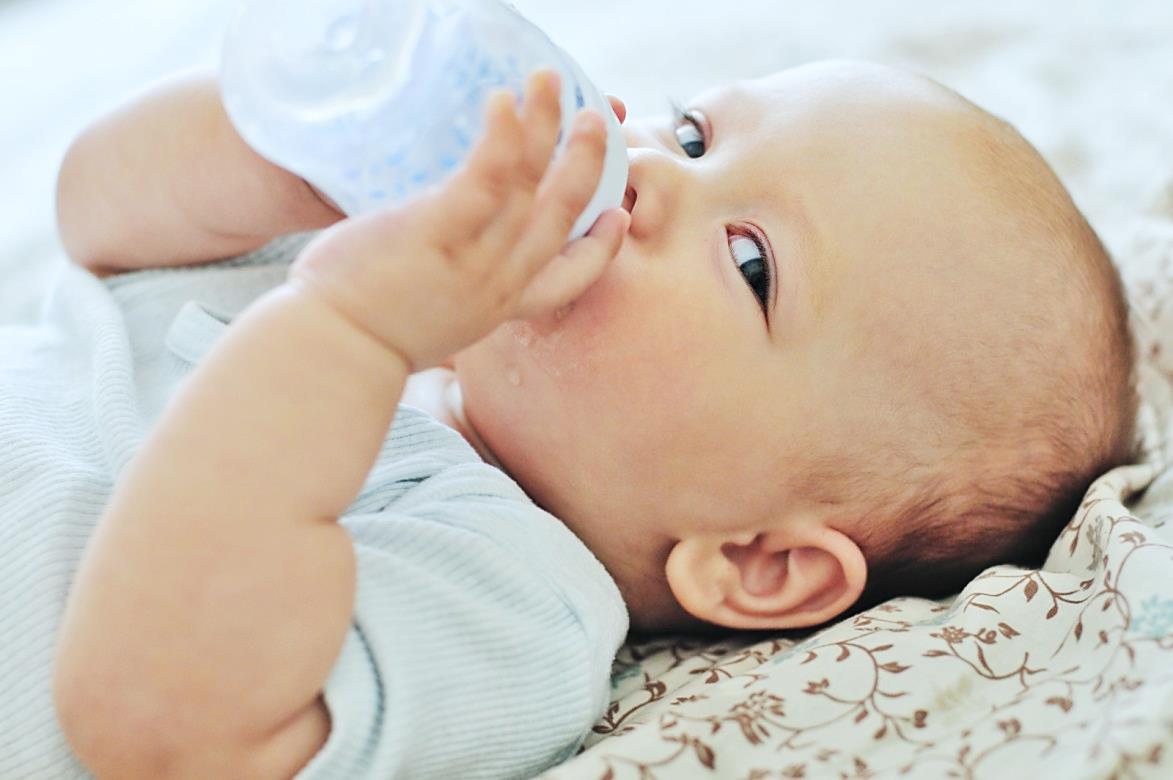
by Fern Shaw | Mar 17, 2017 | mains fed water cooler, Water Coolers
We all intend to do the right thing when it comes to keeping fit, but often the demands of day-to-day life gets in the way. At AquAid Water Coolers we always want to help where we can to ensure that at the very least, you keep yourself well hydrated throughout your day, no matter your schedule.
If you’ve launched into a great keep fit regime with spring rearing its blooming head, here’s a bit of info that may help you on your get fit and keep hydrated journey:
Recognising dehydration
- A large percentage of the UK population are chronically dehydrated. When was the last time that you actually drank more than one glass of water in a day? Keep in mind that the average adult should be drinking a minimum of eight glasses of water per day.
- Dehydration occurs when more fluid leaves your body than is taken in. Symptoms include: fatigue, irritability, headaches and nausea.
- Dehydration also slows your metabolism, which hinders your ability to exercise as well as the ability to lose weight.
Deposits and withdrawals
To avoid reaching the stage where you’re dehydrated, think of it in terms of deposits and withdrawals. It all comes down to how much water leaves your body. The logic is straight-forward, you have to maintain a water balance: How much water you excrete depends on many factors: age, gender, health, body mass, environmental conditions and physical activity all play a role. Right, now you have that sorted, put these ideas into action:
Get moving
Even if you feel sluggish and low in energy, make the effort to do 20-30 minutes exercise daily. If you’re not that keen to participate in organised activities, a brisk walk around the block will be enough to energise you and reduce fatigue.
Sleep well
Make sure you get enough sleep. Depending on your daily schedule and work hours, try to go to bed at the same time, do not eat or drink caffeine before going to bed and move the telly out of the bedroom.
Eat well
There are innumerable eating and weight loss plans and these can often hinder rather than help.
Whatever food plan you decide upon, again logic dictates: in order to function, your body needs fuel, so try to ensure that your food fuel consists of a balanced diet.
If you’re prone to the ‘quick fix’ when eating, which usually consist of processed and sugar rich food and drinks, the good news is if you step up and start drinking enough water to keep yourself hydrated, you will feel fuller and the temptation to sate your appetite as quickly as possible, will lessen.
Make use of your water cooler!
As you begin your happy and healthy get fit plan, having a bottle fed or mains fed water cooler wherever you are at work could honestly not make drinking water easier for you. There’s also the added advantage of you being able to get through your work day much more easily as studies have proven that taking even a five minute break to stretch out and walk to replenish your water makes a significant difference on your performance and well-being.

by Fern Shaw | Mar 9, 2017 | mains fed water cooler, Water Coolers
*Various campaigns and studies to do with schools and drinking water conducted over the last decade or so have produced a mixed bag of results.
What is clear though: a hydrated child is a much happier child. This fact, combined with you as the parents leading by example and the schools ensuring that drinking water is readily available, makes for a more holistic approach to hydration.
It boosts learning
- The key to boosting the capacity to learn is to keep well hydrated throughout the day.
- When we are thirsty, mental performance including memory, attention and concentration can decrease by around 10%. Pupils concentrate better because they are not distracted by the effects of dehydration such as thirst, tiredness and irritability.
- Children will achieve more when both their health and learning needs are met. Ensuring free access to water and promoting a regular water intake throughout the school day is a vital role for schools in promoting health and providing a healthy learning environment.
It’s healthy!
- Drinking adequate amounts of water regularly throughout the day can protect health and contribute to well-being.
- Drinking sufficient water can help prevent a range of short and long-term health problems that stem from dehydration such as lethargy; dizziness; constipation; headaches and bladder, kidney and bowel problems.
- Water has none of the health problems associated with drinks containing sugar, additives, sweeteners, acids or caffeine.
Parents?
- By keeping yourself hydrated, you teach your children good drinking habits.
- By checking that your children’s school has ablutions that you would use and that there are sufficient drinking points (not only in the toilets), you’re working your way towards ensuring that your children are able to easily hydrate while at school.
And for the school?
- Various studies have shown that schools that lead by example and encourage their children to keep hydrated show a marked improvement in overall attention given as well as learning capabilities.
- A child who is not irritable because of dehydration means that teachers are able to better teach their pupils.
At AquAid, being involved in the provision of water for more than 20 years, we know that keeping hydrated is of vital importance. To this end, we continue to ensure that we provide the right water dispensers to meet the hydration requirements when installing our water coolers into schools, gyms and learning centres across the country.
When AquAid install a water cooler in a school or learning facility, individual water bottles are also supplied to encourage the children to fill their water bottles throughout the day.
Our water coolers can either be Mains Fed for large schools where the water consumption is high, or Bottle Fed for schools where there are no water mains close to a particular area.
*Updated from a blog posted 11 March 2013

by Fern Shaw | Feb 21, 2017 | Water, water cooler
We’re here to help. Yes, of course, we’re in the business of providing you with cool drinking (and hot) water at your premises, whether that’s at your office; warehouse; site; practice; university; college or school, but we’re also concerned with ensuring that you...

by Fern Shaw | Feb 21, 2017 | Water, water cooler
Yes, yes, we know we blather on about water. A lot. But it’s mainly because we’re so invested and immersed in the provision of water and through this we’re well aware of the benefits of making sure you’re probably hydrated. We’re also aware that drinking water...

by Fern Shaw | Jan 25, 2017 | Water, water cooler
The winter weather is upon us, bringing with it time to bundle up, exercise less and usually eat less greens, and more of the comfort food … or so we’d think.
But, resorting to more hibernation type habits isn’t really the way to go (One of my personal mantras is ‘shoulda been a bear’ – as I believe hibernating for 8 months of the year is a sound idea). There are loads of options we can take in the winter months that actually aren’t that difficult to follow and can keep as summer lean in the process.
Keep exercising
I’m not suggesting that you swim the Channel or go running in minus ten degree weather, but if you attend a gym or health fitness club, keep up with it. In cold months, your own exertions will keep you nice and toasty while exercising, instead of trying to continuously cool down when you’re exercising in the summer months. Just remember to keep hydrated. You can become just as dehydrated in winter as you can in the summer. Drink water, lots of it.
If you don’t have access to a fitness club, exercise at home – there is tons of information on YouTube; on social media or on the internet in general that can give you adequate instruction on exercise regimes you can follow to keep toned up.
Bulk up with rich healthy food
Again, the instinct (which is hard wired into our genetic code) is to eat rich, fatty foods in winter so we can bulk up and insulate ourselves. The thing is, we’re not seals and we don’t live in the Arctic (even if some days if may feel like it). There are loads of options to eat hearty warming food without packing on the weight.
The food in season right now is plentiful and it makes good sense, because if you eat with the seasons, it keeps your spend on food down, as in-season food is more readily available.
There’s such a huge range food that’s available this Autumn, you’ll be spoilt for choice:
Fruit- Pears; apples, cranberries; elderberries and quinces are all in season now.
Vegetables – Artichoke, beetroot; butternut squash; celeriac; celery; chicory; chillies; horseradish; leeks; marrow; parsnips; pumpkin; shallots; swede; sweetcorn and tomatoes.
Herbs and nuts – Almonds; brazil nuts; chestnuts; chives; hazelnuts; rosemary; sage; sorrel and walnuts.
For the meat eaters – Beef; duck; lamb; rabbit; turkey and venison.
Fish – Clams; cod; dover sole; haddock; halibut; hake; lobster; mackerel and plaice.
Finally, in the food annals – don’t forget about good old porridge: Oats provide soluble fibre called beta-glucan which can help lower LDL (bad) cholesterol. The fibre in oats makes it a slow-releasing carbohydrate which keeps blood sugars steady so should stop you reaching for a high-fat snack. If you are not a fan of porridge, add oats to smoothies, mueslis or yogurts, to bread or fish.
Don’t stop drinking your water!
Throughout all of this, keeping up with exercising; eating the right food, the most important winter months regime is to keep up with drinking water – if you’re averse to cold water, then drink warm water. If you’re drinking from your water cooler in the work place and the water’s a bit chilly, then adjust the thermostat.
Not only does water fill you up and make you less inclined to eat too much, but often when you think you’re hungry, you’re actually dehydrated, so drinking enough water is a win-win all round.





